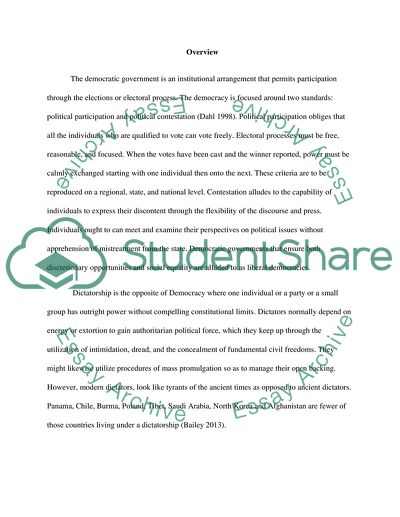Cite this document
(“Lack of democracy in the 3rd world Research Paper”, n.d.)
Retrieved from https://studentshare.org/history/1656893-lack-of-democracy-in-the-3rd-world
Retrieved from https://studentshare.org/history/1656893-lack-of-democracy-in-the-3rd-world
(Lack of Democracy in the 3rd World Research Paper)
https://studentshare.org/history/1656893-lack-of-democracy-in-the-3rd-world.
https://studentshare.org/history/1656893-lack-of-democracy-in-the-3rd-world.
“Lack of Democracy in the 3rd World Research Paper”, n.d. https://studentshare.org/history/1656893-lack-of-democracy-in-the-3rd-world.


